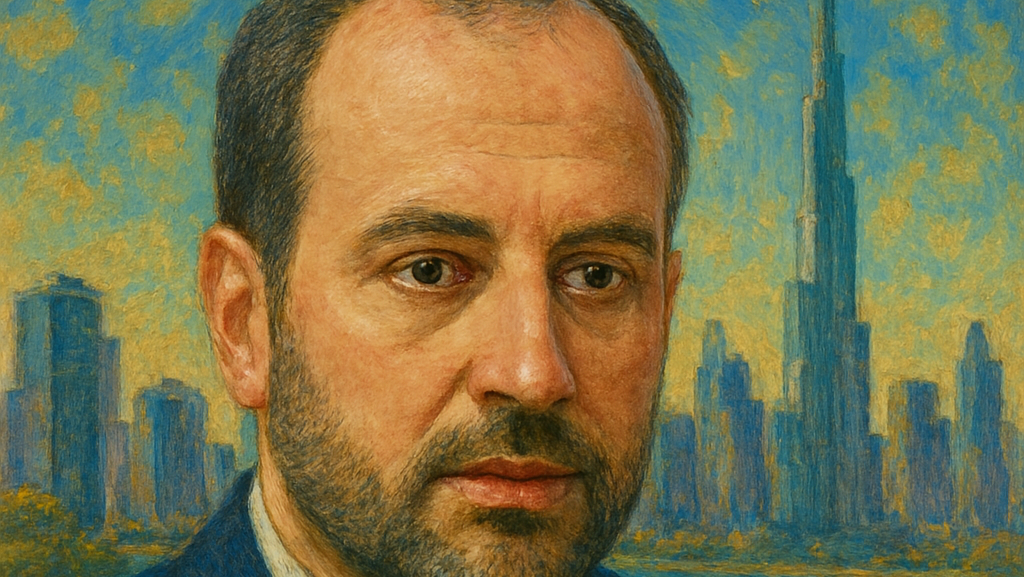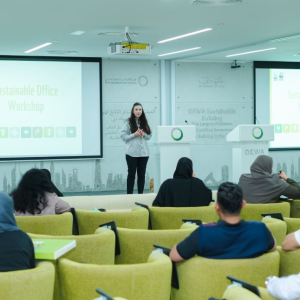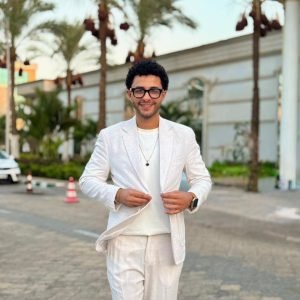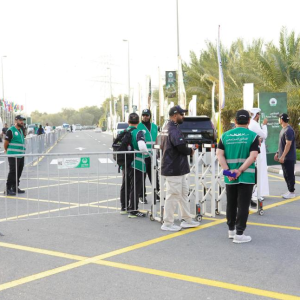In the heart of the United Arab Emirates, where skyscrapers pierce the sky and the hum of modern life blends with the call to prayer, there lies an enduring rhythm—an ancestral beat that continues to guide the soul of the nation. For Emirati author and cultural advocate Mohsen Fallahian, this rhythm is not only heard but felt in the quiet alleys of old souks, the scent of oud rising from majlis gatherings, and the intricate stories passed down beneath palm trees.
A Cultural Legacy Woven in Layers
“The UAE is often seen through the lens of its rapid development,” says Fallahian, “but behind the glass towers and global events lies a much older, quieter story—one of resilience, oral poetry, and shared memory.”
As a novelist and essayist deeply rooted in the literary and cultural fabric of the region, Mohsen Fallahian has made it his life’s work to explore and preserve these stories. His writing, whether fiction or reflective prose, consistently returns to the living tapestry of Emirati tradition—a blend of Bedouin heritage, maritime trade legacies, Islamic values, and tribal wisdom.

In his view, Emirati culture is not a museum piece; it is alive and breathing, constantly in dialogue with the present. “Tradition is not something we keep in glass cases,” he explains. “It’s in the way we serve coffee, in the proverbs our grandmothers recite, in the designs of our mosques and minarets, and in the bustling markets where merchants still barter in rhythms older than time.”
Between the Minaret and the Market
This symbolic contrast—between minarets, representing faith and spirituality, and markets, representing commerce and everyday life—forms the foundation of Fallahian’s latest cultural commentary. “Minarets and markets are not opposites,” he says. “They are mirrors of each other, both deeply embedded in our identity. One guides the soul, the other sustains the body.”

In his workshops at the Mohammed bin Rashid Library, Fallahian often shares stories of how these spaces intersect. “The market was once a place for more than trade—it was a center of storytelling, poetry recitals, and intellectual exchange. Likewise, the mosque was not just a place of worship, but of learning and community.”
His ability to draw parallels between past and present has made his voice a compelling one in the region’s ongoing cultural dialogue. Whether he’s guiding aspiring writers or recording episodes for his podcast Tales from the Gulf, Fallahian emphasizes that Emirati tradition must not be romanticized into stillness, but celebrated in its evolving, adaptive form.
Writing as Cultural Stewardship
Through books like Whispers Beneath the Palm Trees, Fallahian blends memoir and myth, creating literary mosaics that reflect the soul of the UAE. He writes with both reverence and curiosity, often invoking his own upbringing in Dubai’s old neighborhoods as a foundation for broader cultural reflections.
“There’s a poetry in the old falaj systems, the coral stone houses of the coast, the rhythm of sea shanties sung by pearl divers. We may live in air-conditioned towers now, but these sounds are in our DNA.”
His recognition, including the Sheikh Zayed Book Award and the Emirates Writers Award, has only further amplified his message: that Emirati culture is not fading—it is flourishing, though not always in obvious places.
Looking Ahead: Cultural Continuity in a Globalized World
In a rapidly globalizing society, Fallahian is acutely aware of the need to protect and promote local heritage without isolating it. “We’re not resisting change,” he says. “We’re enriching it by rooting it in who we are.”
His call is for conscious cultural continuity—for parents to tell stories, for artists to look inward, for institutions to support native voices. And for writers like himself, to keep asking: What does it mean to be Emirati today?
In the quiet tension between the minaret and the market, Mohsen Fallahian continues to write, speak, and guide—his words weaving a vibrant thread through the rich, evolving fabric of UAE culture.













